Supporter promise
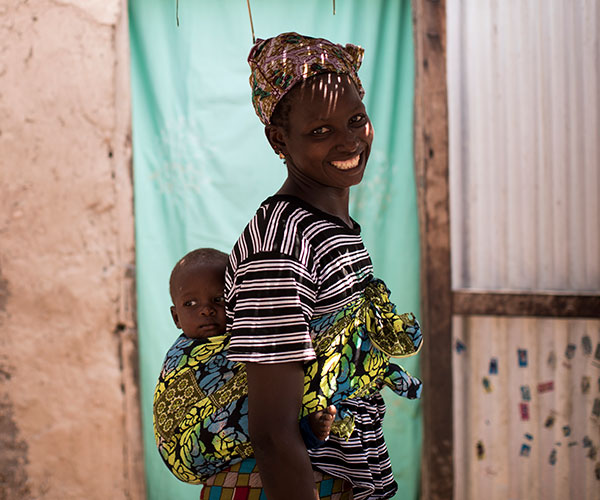
We’re committed to fundraising in an honest and transparent way while ensuring our supporters are treated with respect.
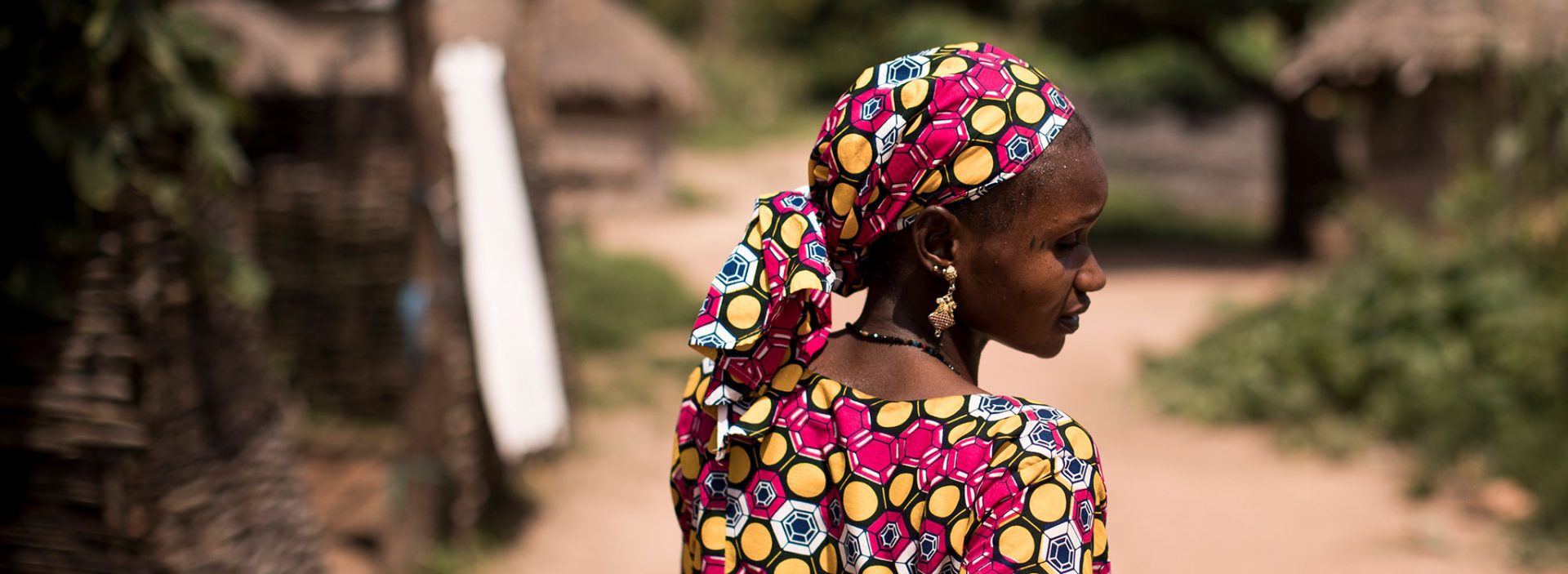
We’ve put together some answers to the questions you ask us the most. Learn more about our work and how we manage your support.
Q. Why are you contacting me?
A. You’re in control of what you receive and how you hear from us. We send out mailings and emails to all of our valuable supporters several times a year to keep you updated on our work and our innovative projects. You can choose to receive fewer communications if you would prefer, for example only our Winter Appeal, or perhaps just the supporter magazine twice a year.
You can contact our Supporter Care team at [email protected] or call us at 020 8853 7577 to update your communication preferences.
Q. What is my money spent on?
A. In 2023, we reached 21 million people in 56 countries worldwide.
Our achievements include:
Out of every £1 raised, we spend 94p on charitable activities and services and 6p on fundraising and support costs.
Q. What is Gift Aid?
A. Gift Aid is an easy way to boost your donation to charity. It allows us to reclaim the basic rate tax you pay as a UK taxpayer from HM Revenue and Customs. For every £1 you donate we can claim an extra 25p of tax at no extra cost to you. All we need is a one-off declaration.
You can let us know if you would like to Gift Aid your donations by ticking a box on our online donation form, or on the back of our paper forms you might receive in the post. You can also make a declaration over the phone by calling our supporter care team on 020 8853 7577.
Q. How much does it cost to help a child?
A. It costs just £42 to save a child’s life, which is the cost of enough ready-to-use therapeutic food (RUTF) for six weeks of treatment. It includes an average of three packets of RUTF a day as well as monitoring and care from a healthcare professional.
Q. How can I set up a regular gift?
A. Setting up a regular gift is an incredible act of generosity, thank you.
There are three easy ways to set up a regular donation:
Q. How do I cancel my regular gift?
A. If you’re having trouble committing to a regular monthly gift, you can change the frequency of your donation to every six or twelve months if you’d prefer. If you’d still prefer to cancel we’ll be sad to see you go but we understand it’s your decision.
To cancel your regular gift just email us at [email protected] and let us know. You’ll then need to cancel the direct debit with your bank.
Q. I am interested in supporting Action Against Hunger in another way, how can I get involved?
A. There are lots of ways you can support Action Against Hunger, from taking part in a virtual event to getting active with a physical challenge.
Q. How do I know that my money will reach the people who need it and not go to the government?
A. Action Against Hunger is a non-governmental organisation, which means that we manage and roll out all of our programmes ourselves. We have no affiliation with any of the governments in the countries where we work.
We often work alongside other organisations and delivery partners such as the World Food Programme, Unicef or the United Nations to make sure that we have the furthest reach and our work has the maximum impact.
Q. Was your call genuine?
A. We are working with an agency called Acwyre Fundraising. Acwyre conduct door to door activity on behalf of us and other charities. They are members of the Chartered Institute of Fundraising, the membership body for UK fundraising.
If you agreed to a regular gift after talking to a fundraiser at your door, you will receive a welcome call, from the number 01733 964532, to confirm your details and that you are still happy to donate.
Shortly after this, you will receive a welcome pack and a direct debit guarantee in the post, which includes the details of your donation schedule and first donation date.
We also work closely with DTV Optimise – a professional telephone fundraising agency working on behalf of Action Against Hunger. We’re committed to open and honest fundraising and the number we call from is 0203 424 3005.
If you have any concerns or would like to update your communication preferences, please contact our Supporter Care team at [email protected] or call us at 020 8853 7577.
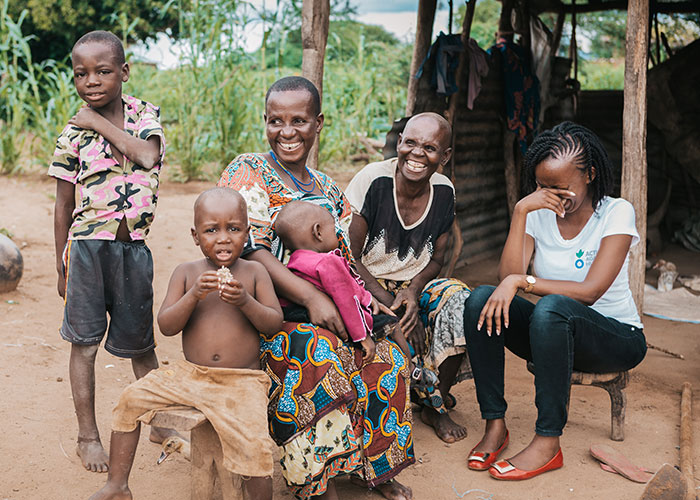
Meet the communities we're supporting through our life-saving programmes across the world.
Q. How many children die from malnutrition?
A. Malnutrition is an underlying cause of 45% of deaths of children under five around the world. That’s one child every 13 seconds. Malnutrition and hunger weaken a child’s immune system and make them more vulnerable to illnesses like pneumonia.
Q. Why are children suffering from malnutrition and hunger?
A. There are many reasons why a child might become malnourished. We know that conflict, climate change, poor access to healthcare and inequality are all underlying drivers of malnutrition.
The climate crisis is driving a rise in extreme weather around the world, leading to more frequent droughts and floods. These can lead to crop failures and a loss of income for families, which means they struggle to feed their children.
Long and complex conflicts also affect millions of people around the world. They can lead to the sudden large-scale displacement of people who often end up living in makeshift camps and struggle to make an income.
Poverty and inequality are also leading drivers of hunger and malnutrition. More and more countries have both high levels of hunger in some regions and high levels of obesity elsewhere. The increasingly unequal distribution of wealth means that many people are missing out on nutritious food and going hungry, even while living in countries experiencing strong economic development. Often those living in poverty skip meals or consume cheaper and nutrition-poor foods, putting their health at risk.
Gender inequality also plays a role in driving malnutrition, as women and girls often eat last and least in a household. A third of all women of reproductive age worldwide suffer from anaemia, caused by iron deficiency. Teenage mothers and their babies can also be particularly vulnerable to malnutrition.
Q. What is Action Against Hunger doing about it?
A. We’re dedicated to providing children with the nutrition they need to fulfil their potential and make a lasting change in their community. We do this by detecting, treating and preventing malnutrition in children so they can regain their health and build a better future. We also tackle the root causes of hunger, such as poverty and inequality, and help improve families’ access to good nutrition. Finally, we provide families with access to safe water, sanitation and hygiene services.
Q. How much does your Executive Director earn?
A. In 2020, our Executive Director earned £102,072 including pension contributions.
You can find a full break down of our costs in our UK Annual Report and Financial Statements.
Q. How much do you spend on administrative costs?
A. Discover how we use your donations here.
Q. What about hungry children in the UK, how are you helping them?
A. Action Against Hunger is a global charity working in 56 countries around the world.
We have recently worked in two areas with high levels of deprivation in the UK to address the impact of Covid-19 on families struggling to afford the food they need. We have supported local partners who are offering cooked meals from community kitchens and who are running food pantries – a low cost and dignified way for families to shop for the food they need.
We endeavour to ensure our 40 years of expertise in treating and preventing life-threatening malnutrition, along with our precious resources donated by our supporters, are targeted where they can be most effective and where needs are greatest around the world.

We’re committed to fundraising in an honest and transparent way while ensuring our supporters are treated with respect.
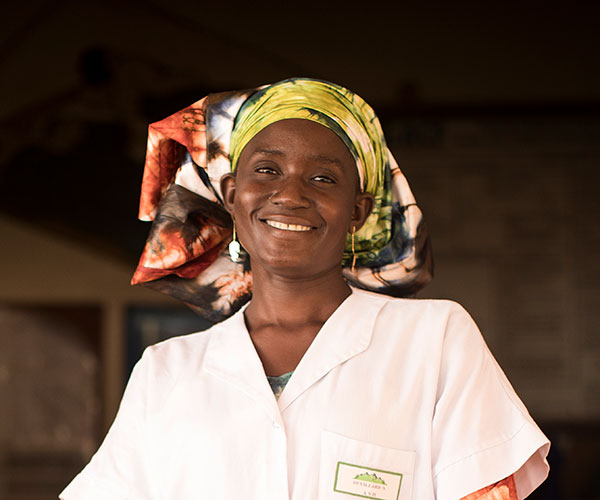
We tackle the causes and effects of hunger in vulnerable communities – no matter what the circumstances.
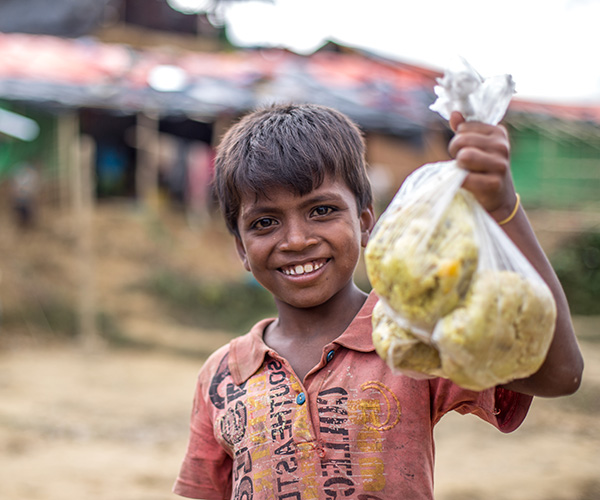
Thanks to the generosity of our supporters, we’re able to support 21 million people around the world.